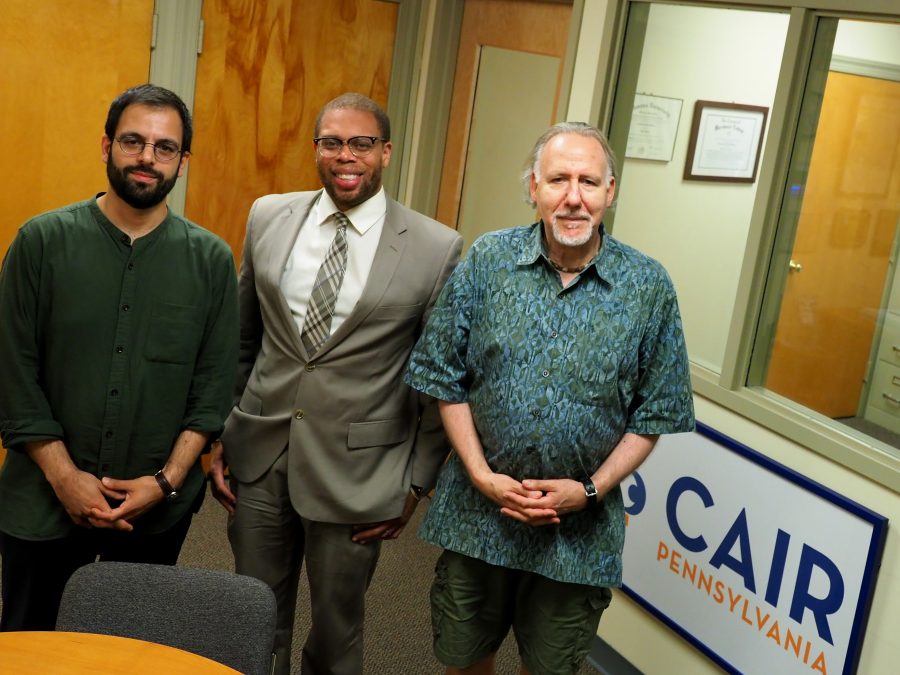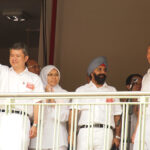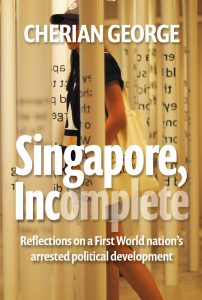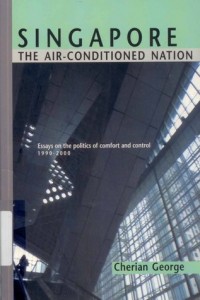RESCUING RELIGION
An extract from the Q&A after my talk at the IPS Diversities conference.
Q: To what extent do you think a civic impulse is workable only insofar that we have don’t have religious groups that are seeking to expand?
A: We can tell how open this IPS dialogue is, when we can actually talk about religion, which is a third rail in many societies.
I still think that, despite the worrying rise in aggressively exclusive religious groups around the world that have also inspired groups in Singapore, politically it is not as serious a problem here as it is elsewhere. I study intolerance and hate around the world, so relative to the stuff that is going on in other parts of the world, we are in pretty good shape.
And I’m convinced that one reason why is that no matter how worrying some of these trends are within any one faith group — or more accurately within sub-groups within major religions — there’s a limit to how much damage will be caused as long as those force are not aligned with party political forces. That’s when it becomes very potent elsewhere, when it becomes in the interest of a political party to court and partner with some of these exclusive and intolerant religious movements. And that makes sense in countries with a dominant religion, whether it’s India or Indonesia or Myanmar or the US or most of Europe.
It simply does not make sense in Singapore. A political party could try it, but it would not succeed, because even if you court the 40% Buddhist population out there, you’re going to alienate the 60% that make up everyone else. The same applies to other religions. And that does give us some assurance that there is a limit to how much religious divides can translate into electoral advantage.
Of course politics is more than elections. So religious forces can influence how debates are handled. And yes, in that sense we are in a worrying phase globally as well as in Singapore. For whatever mix of reasons, which sociologists of religion will be better equipped to explain, the centre of gravity in many of the world’s religions is at the more intolerant and exclusive ends of the spectrum.
It’s important to realise that this wasn’t always the case. I’m convinced this moment will pass. It is up to us collectively to make sure this moment passes. It is especially up to those who are the most devout in your respective communities to make sure this moment passes.
It was not too long ago that religious groups were at the forefront of progressive change around the world. Think of the major successes in human rights and democracy over the last 200 years. Most of them were fronted by religious organisations. The Quakers in Britain helped to get rid of slavery. Think of the church’s role in the Philippines’ People Power movement or the American civil rights movement. Think of religion’s role in Indian nationalism, which we benefited from as well. So there is a strong history of religion being on the side of tolerance and expanding human rights.
It is depressing to see how this strong tradition of religions standing up for the rights of others, including the rights of other faiths, has somehow been relegated, and instead the wind is at the backs of those who are more exclusive. I would urge every person of faith in this room to take personal responsibility to move religion back to where it should be, on the side of right, and on the side of the rights of people.
There are many inspiring stories around the world. In Philadelphia, where I’m now on sabbatical, I visited the leading human rights group that stands in defence of Muslims in in the US, the Council on American Islamic Relations. CAIR in Philadelphia is headed by a white Jewish American, its legal officer is an African-American Christian, and a Muslim is its education officer (main photo). So its three fulltime employees are a white Jew, a black Christian, and a Muslim immigrant. And they are fighting for Muslims’ human rights. This is what religion is capable of. It is capable of coming together in interfaith struggles to pursue social justice.
One of the proudest achievements of Singapore is to host the world’s oldest interfaith organisation, the Inter Religious Organisation. This is one of the resources we have. Sadly, though, that’s not where the action is, so to speak, in public life. Sadly, the agenda has been seized by a minority of leaders and members within the world’s great faith groups, that are pushing intolerance and exclusivity. That needs to change.
FULL Q&A – VIDEO







Comments are closed.